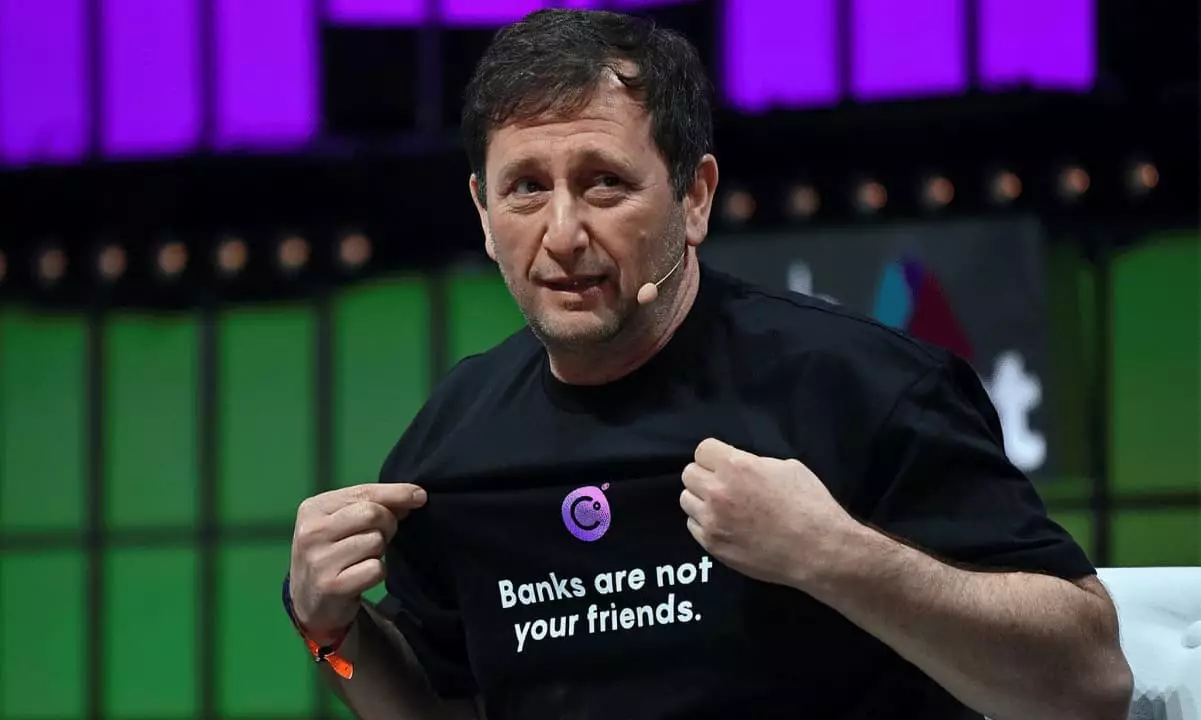The cryptocurrency landscape has witnessed monumental shifts in recent years, and few events have shocked the industry more than the downfall of Celsius Network. Founded with the goal of revolutionizing financial services through cryptocurrency lending and borrowing, Celsius, under the leadership of its CEO Alex Mashinsky, quickly soared in popularity. However, the ambitious project came tumbling down, filing for bankruptcy in July 2022. This downfall not only sent ripples through the crypto-community but also raised significant legal questions regarding the actions of its leaders, particularly Mashinsky.
On November 13, 2023, Alex Mashinsky is set to appear in the United States District Court for the Southern District of New York, where he faces a barrage of grave charges, including securities fraud, commodities fraud, wire fraud, and market manipulation. As outlined in documents submitted to the court, Judge John Koeltl has mandated both the defendant and the prosecution to argue for and against motions that could potentially dismiss some of the charges laid against Mashinsky. His legal battles are compounded by civil suits launched by regulatory bodies like the SEC and CFTC, highlighting the multifaceted nature of the allegations.
Central to the case is the allegation that Mashinsky and former Chief Revenue Officer Roni Cohen-Pavon engaged in deceptive practices, misrepresenting the financial health of Celsius while profiting substantially from their investments. Accusations also include manipulating the price of CEL, Celsius’ native token, which resulted in significant monetary gain for the accused. Reports indicate that Mashinsky allegedly profited around $42 million from the sale of CEL tokens, raising serious questions about his ethical conduct and intent during his tenure.
The upcoming court sessions are pivotal. A pretrial conference is already scheduled for January 16, 2024, and a jury trial is set to commence on January 28, 2025. During these proceedings, Mashinsky’s legal team has requested the testimony of key witnesses, including Cohen-Pavon, who has pled guilty in a separate matter and is slated for sentencing on December 11. The juxtaposition of their testimonies could either fortify Mashinsky’s defense or deliver a fatal blow to his case, depending on the narrative that unfolds.
The collapse of Celsius has left an indelible mark on the cryptocurrency sector, emphasizing the need for increased transparency and regulation. As the legal proceedings progress, the potential consequences of this case could set significant precedents for how such businesses operate and are held accountable. Additionally, with nearly 375,000 claimants affected by Celsius’s bankruptcy—having already repaid around $2.53 billion of the $3 billion owed—the implications of these unfolding events extend far beyond the courtroom, impacting countless lives and the broader trust in cryptocurrency platforms.
The upcoming courtroom developments will not only define Alex Mashinsky’s fate but could also reshape the regulatory landscape of the cryptocurrency industry, spotlighting the urgency for rigorous oversight amidst the ongoing evolution of digital finance.


Leave a Reply